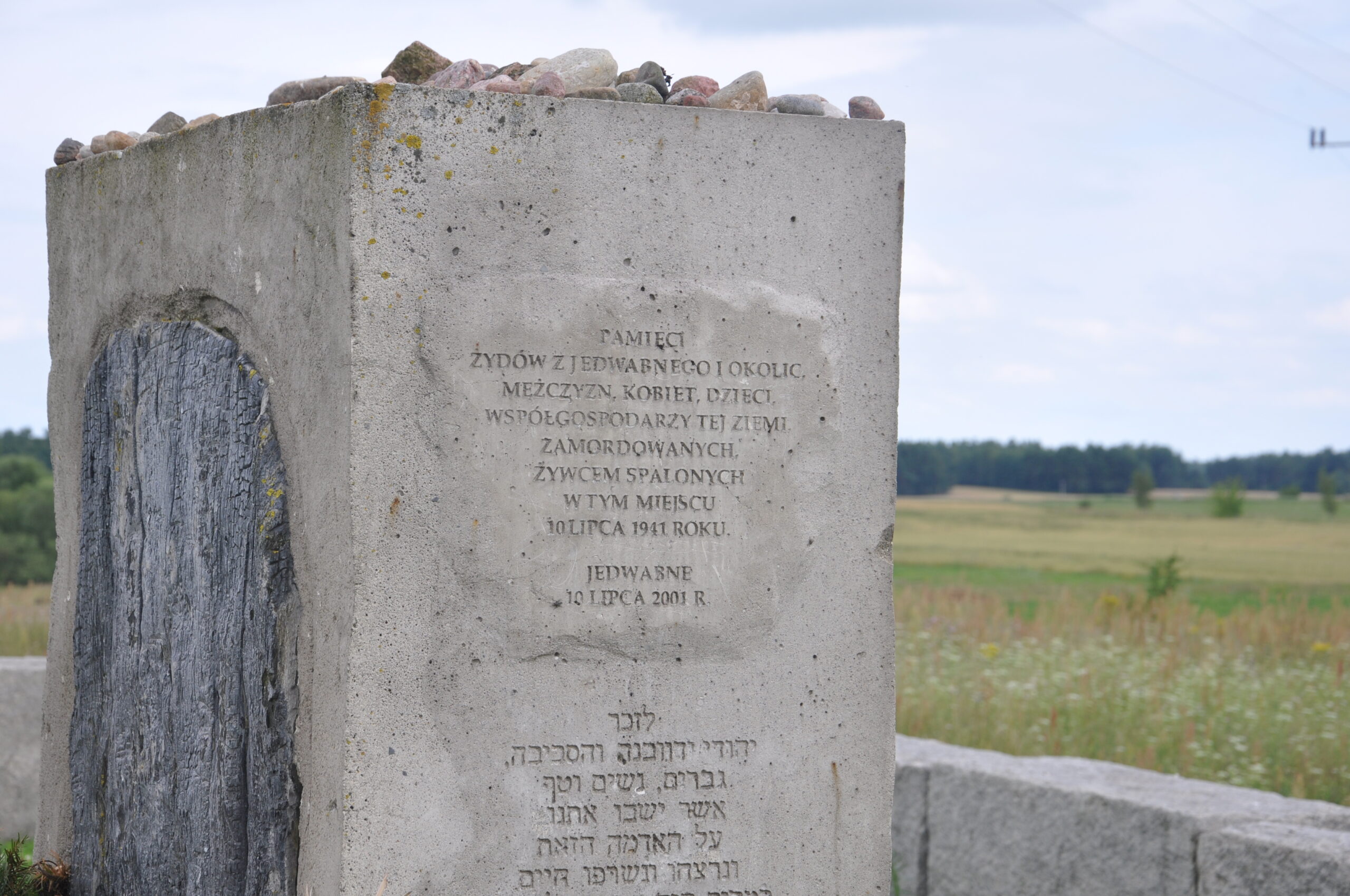The Jedwabne Pogrom was a massacre of Polish Jews that took place in the town of Jedwabne, Poland, during the early stages of the Holocaust.
Details of the Jedwabne Pogrom massacre that took place on July 10, 1941, are gory but an important part of history. For a few decades, the world believed the Germans were the perpetrators of the Jedwabne massacre. However, it was later discovered that Polish citizens themselves were to blame for the unspeakable atrocities committed in Jedwabne.
Here are a few facts you should know:
Jedwabne Pogrom Facts
- The Jedwabne Pogrom massacre took place in German-occupied Poland.
- At the time of the massacre, the Jewish population made up about 40% of the local population.
- Fellow locals targeted Polish Jews- men, women, and children alike- for their alleged relations with the German Soviets.
- The Poles responsible for the disturbing acts used several methods of execution for their Jewish citizens, including stoning, stabbing, and burning.
- Estimated fatalities are believed to be around 340 Polish Jews
- For decades, the blame for the massacre was shifted between the Nazis and the local Polish civilians. Later on, the president of the Republic of Poland issued a public apology and unveiled a monument that reads, “In memory of the Jews of Jedwabne and surrounding areas, men, women, and children, fellow-dwellers of this land, murdered and burned alive at this site on July 10, 1941.”
- The book Neighbours, written by Jan T. Gross and published in 2000, details and explores the fateful July 10, 1941 events. Jan T. Gross is a Princeton University historian.
- The Jedwabne massacre marks some of the most gruesome events of the Holocaust

